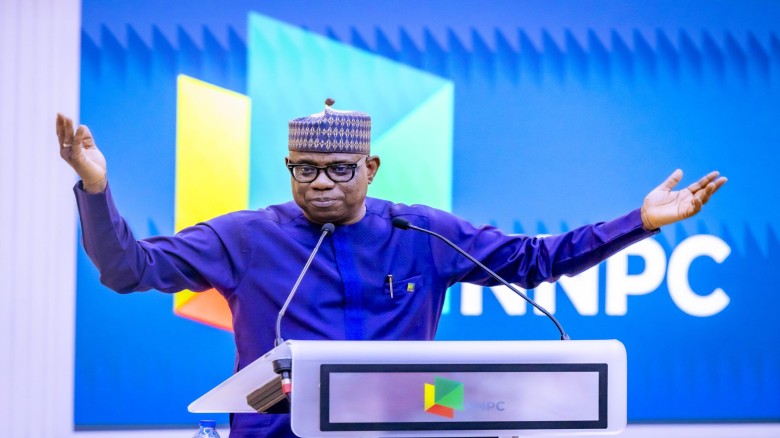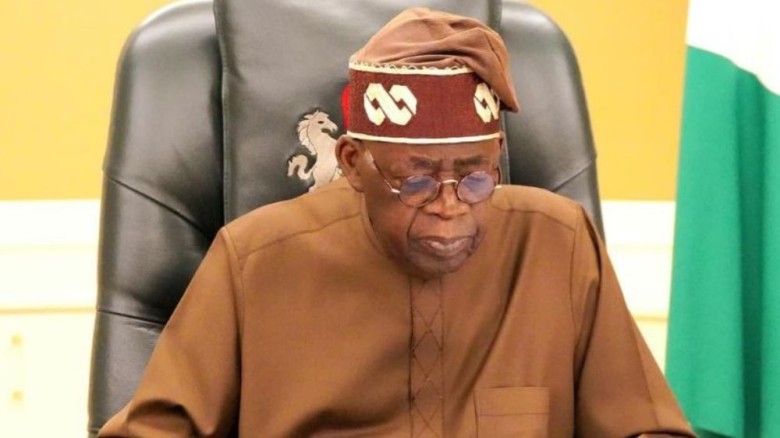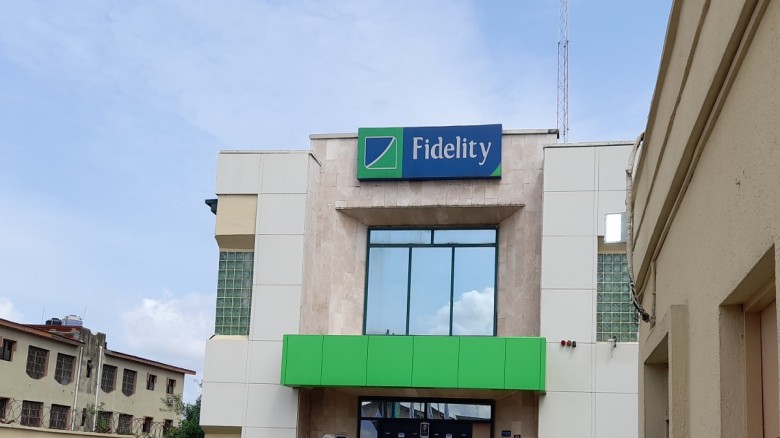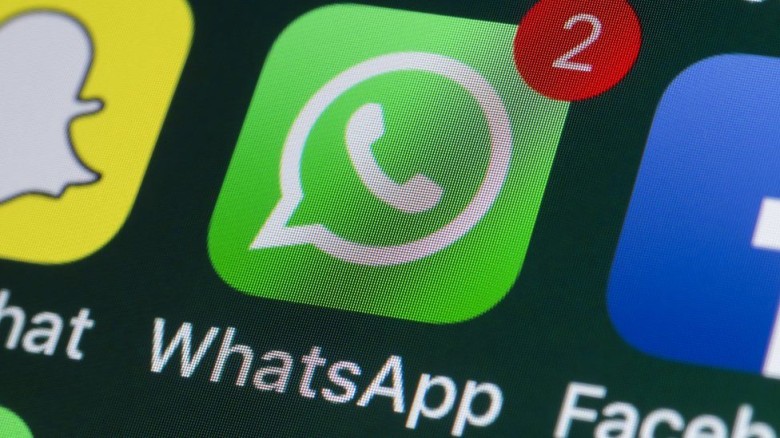Russia signals WhatsApp ban, citing national security concerns
A high-ranking Russian legislator has indicated that WhatsApp should brace for potential withdrawal from the Russian market as the nation seeks to limit foreign software and encourage alternatives supported by the state. Anton Gorelkin, who serves as the deputy chairman of the State Duma's information technology committee, mentioned on Friday that WhatsApp, owned by Meta, is likely to be included on a list of restricted apps due to concerns regarding national security. “WhatsApp needs to start preparing for a departure from the Russian market,” Gorelkin stated on Telegram, highlighting Meta's designation as an “extremist” organization in Russia.Last month, President Vladimir Putin enacted legislation supporting the creation of a national messaging service known as MAX, intended to incorporate governmental services. This initiative is part of an extensive strategy for achieving “digital sovereignty” and decreasing dependence on Western tech platforms such as WhatsApp and Telegram. Currently, 68% of Russians utilize WhatsApp daily.
Another legislator, Anton Nemkin, asserted that WhatsApp's ongoing operations in Russia constitute a “legal violation of national security,” as reported by the state-controlled TASS. The Kremlin has mandated stricter regulations on the utilization of software developed in countries labeled as “unfriendly”—those that have imposed sanctions on Russia. Putin has set a compliance deadline for September 1. Kremlin spokesman Dmitry Peskov reiterated that all services must adhere to Russian laws.
Critics caution that the new government-backed application could potentially be used for user surveillance. Some speculations suggest the government might intentionally slow down WhatsApp’s performance to drive users towards local alternatives—similar to tactics previously applied to YouTube, which has seen a decline in its daily Russian users from over 40 million to less than 10 million in the past year due to reduced accessibility.
In the meantime, shares of VK, the government-associated tech firm behind MAX and the YouTube rival VK Video, increased by 1.9% on Friday as investor confidence in Russia’s technology nationalism initiative grew.
























Leave A Comment